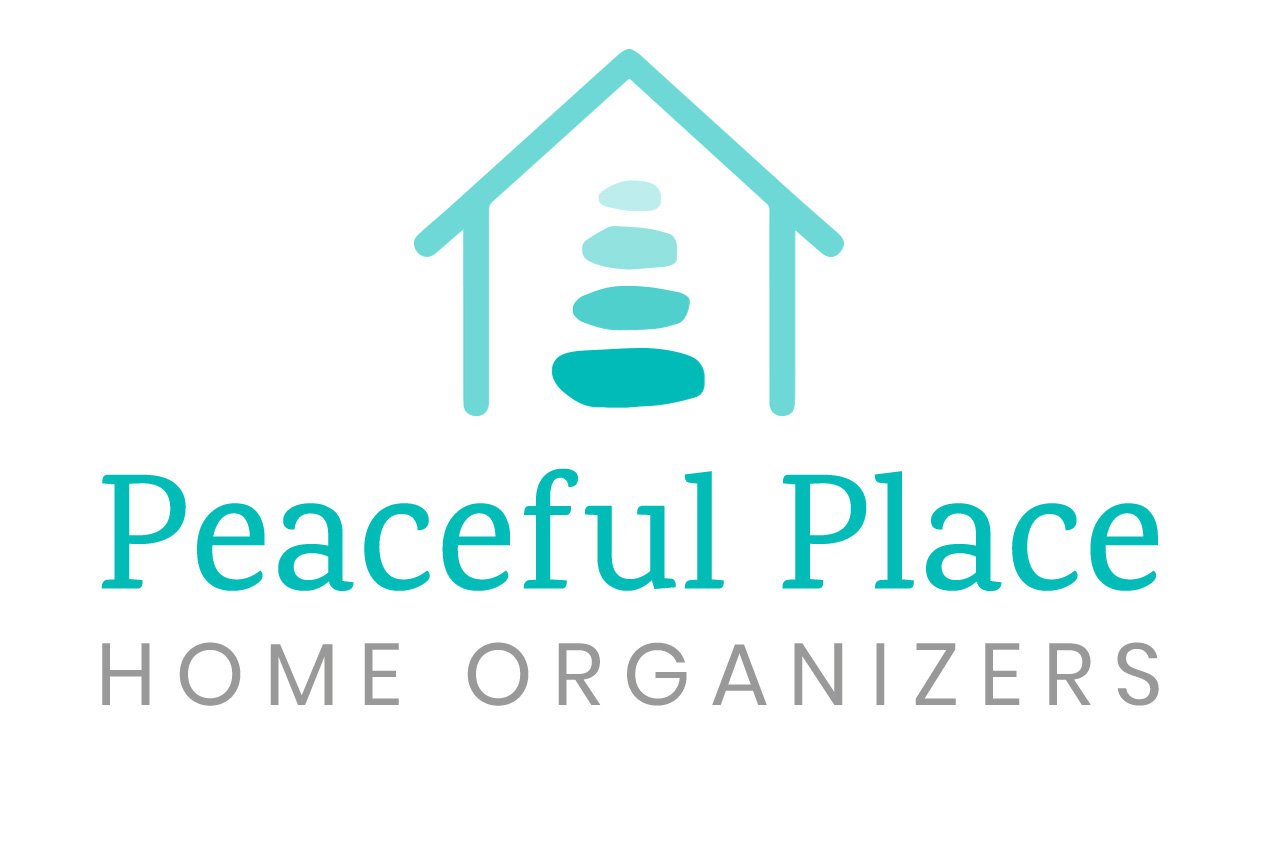Here’s how to flip the mental script:
Replace an “I should” thought with an “I don’t need to” thought.
Instead of thinking: I should recycle these (impossible to recycle) items, they can try thinking: I'm going to throw these items away. I don’t need to recycle them.
Read moreWhen you’re making decluttering decisions, one of your IRD (Inner Reluctant Discarder)’s favorite thought weapons is:
”But what if I need this one day?”
Read more98% of the time, the root of disorganization is having too many things for the space. Most of these things we don’t need, use, or love - in other words, they are clutter.
And the root of clutter is thought patterns which work against our desire to declutter, personified by what I call our Inner Reluctant Discarder - (IRD). Our IRD has an Olympic gold medal in the biathlon event known as Overthinking and Overcomplicating Things Which Are Simple and Easy.
Read moreFor many of our clients, a major obstacle to decluttering is the What Ifs: What if I need this next year? What if I am suddenly unable to afford socks ? Another way to refer to the problem is that they have a squatter living in their house - a tenant who pays no rent, and his name is Justin Case.
Why is it that some people are able to donate their 3rd potato masher without a second thought, and others seem be in a chokehold by Justin Case?
Read moreThe truth is, you don't need the money. If it were easy to sell your items for a good price that was worth your time, you'd have done it already.
Read moreA lot of people are efficient and pragmatic at selling things and get it done and have uncluttered homes. But the people with a lot of clutter? Not so much. They want to be the person who sells things. They have every intention of doing it. But they just don't end up doing it. The logistical realities of getting it done are the biggest obstacle.
Read more
